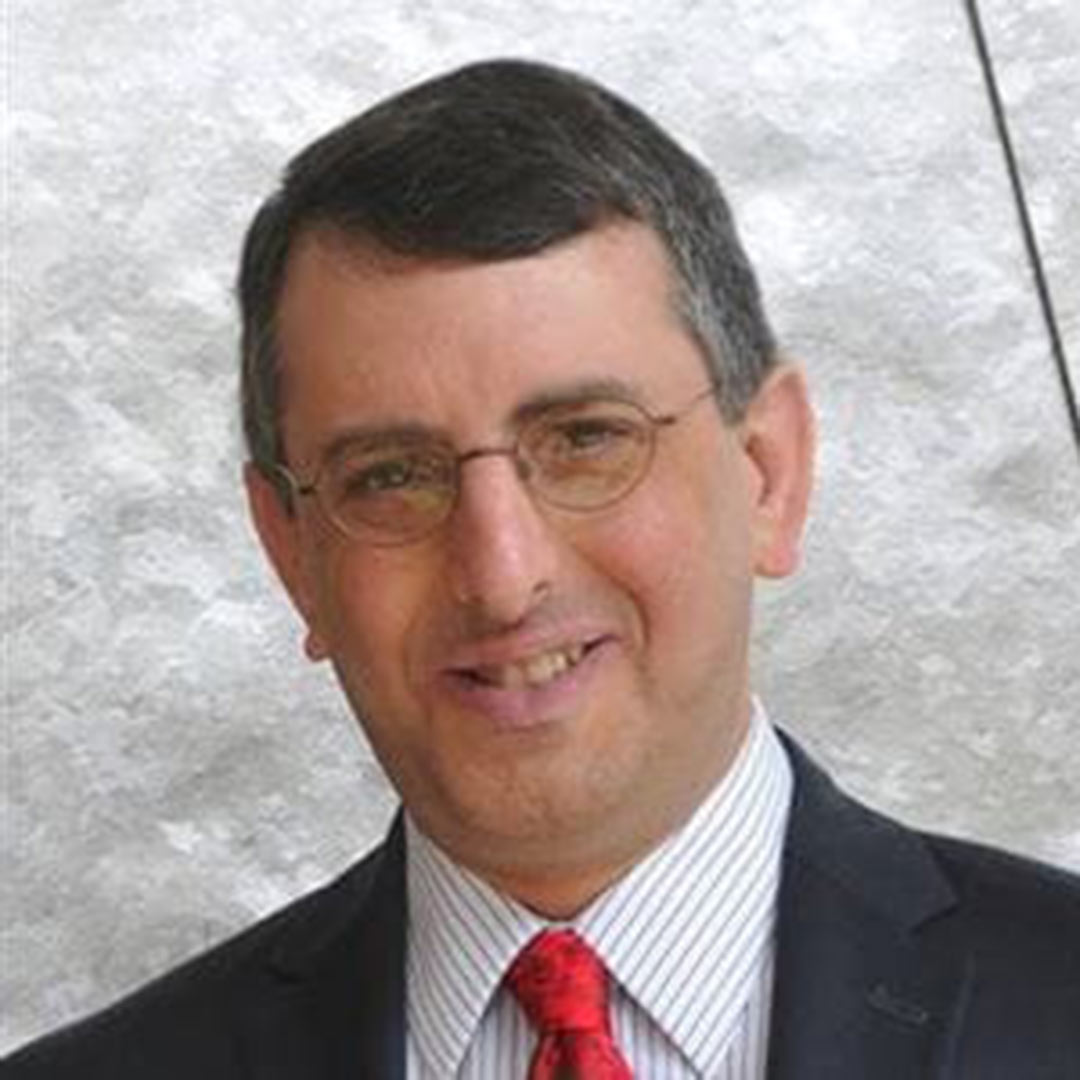Make a gift
Additional Info
Before a new diagnostic tool or therapy can enhance care, it starts as an idea that requires time, patience, and funding to become a reality.
Philanthropic contributions are a catalyst. The department frequently uses gifts to fund pilot projects that yield exploratory data—the backbone of applications for long-term grants. In that way, your generosity allows the Department of Microbiology and Immunology to offer seed funding.
Your support can also be a bridge. The competition for funding from sources like the National Institutes of Health, non-governmental groups, and non-profits is fierce. Even stellar ideas come up just short of earning those dollars. When that happens, the Department of Microbiology and Immunology utilizes this fund to infuse support that allows a researcher to conduct more work, enhance their application, and successfully reapply.
Often, our faculty are part of cutting-edge collaborations. They partner with translational researchers at the Brown Center for Immunotherapy and the IU Simon Comprehensive Cancer Center in the search for potential targets for therapies in breast cancer, lung cancer, pancreatic cancer, and multiple myeloma.
In the wake of the COVID-19 pandemic, our faculty aspires to expand its work in developing vaccines. They continue to make progress in uncovering insights that help treat sexually transmitted diseases, combat asthma, treat allergies, and define the pathogenesis of conditions from Alzheimer’s disease to Lyme disease.
Your contribution to our work is sincerely appreciated, and we strive to use these gifts in a way that has the most impact. We’re grateful to have partners like you committed to helping us use research to improve care and transform health in Indiana and beyond.
Your giving matters

We are working on developing the drugs of tomorrow, and donor support allows us to make advances, garner grant support, enrich the scientific enterprise, impact the local economy, and improve health in Indiana.
Mark H. Kaplan, PhD; Chair, Department of Microbiology and Immunology Director of Basic Science, Brown Center for Immunotherapy; Nicole Brown Professor of Immunology
Important Disclosures
Please note, the name and purpose of the fund displayed on this page constitute the authorized description of the fund by the Indiana University Foundation, Inc. Your gift supports the fund as described herein.
Gifts will be administered by the Indiana University Foundation, Inc. which represents Indiana University, including the IU School of Medicine. This is not a gift to Indiana University Health, and the Indiana University Health Foundation will not play a role in administering these accounts.
